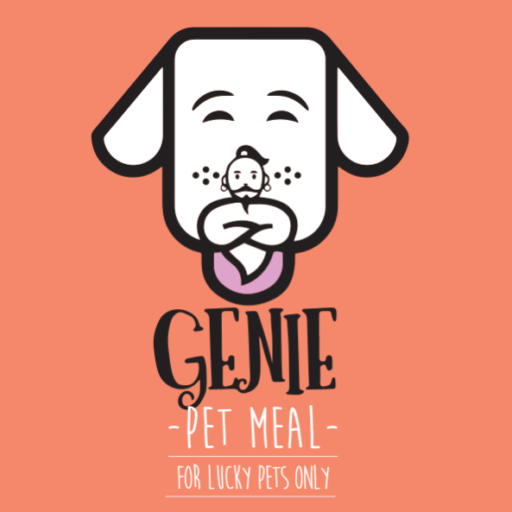The Importance of Fresh Food for Dogs
In the realm of pet care, the phrase “man’s best friend” invariably conjures the image of a loyal canine companion wagging its tail with joy. As responsible pet owners, we have to ensure that our furry friends live their best lives, and a crucial aspect of their well-being lies in their diet. Why do dogs need fresh food? Let’s dive into this question to unravel the nutritional benefits and overall health advantages of providing our dogs with a fresh and wholesome diet.
The Canine Carnivore: Unlocking the Doggy Diet
Our journey begins by understanding the biological foundation of our canine friends. Dogs, descendants of wolves, are biologically designed as carnivores. In the wild, their ancestors thrived on a diet rich in raw meat, bones, and other natural elements. Despite domestication, their digestive systems have retained this carnivorous essence, making fresh food an integral part of their optimal nutrition.
Unleashing the Nutritional Power
Freshness Matters: Just like humans, dogs thrive on fresh, whole foods. Processed kibble, though convenient, often lacks the nutrient density of freshly prepared meals. Imagine fueling yourself solely on canned, processed meals – not the healthiest choice, right? The same goes for our canine companions.
Nutrient Retention: Cooking and processing can lead to the loss of essential nutrients. Fresh food, in its unaltered state, retains a higher concentration of vital vitamins, minerals, and enzymes. These nutrients play a pivotal role in promoting a dog’s overall health, from a luscious coat to robust immune function.
Addressing Common Concerns and FAQs
Is it Practical? The idea of preparing fresh meals for your dog might sound daunting at first. However, many pet parents find that with proper planning and meal prepping, providing fresh food becomes a manageable and rewarding aspect of pet care.
Balanced Diets: Ensuring a well-rounded diet for your furry friend may seem challenging. Professional veterinary guidance and the plethora of canine nutrition resources available today make this process more straightforward than ever. Crafting a balanced diet for your dog involves a mix of proteins, fats, carbohydrates, and essential micronutrients.
Transitioning from Commercial Diets: Some pet owners worry about transitioning their dogs from commercial diets to fresh food. Patience is key. Gradual changes, mixed with your dog’s current diet, help acclimate their digestive systems to the new culinary experience.
Real-Life Transformations
To truly grasp the impact of fresh food, let’s explore real-life stories. Meet Max, a Labrador Retriever struggling with allergies on a commercial diet. His owner, after transitioning him to a fresh food regimen, witnessed a remarkable improvement in his skin and coat. Max’s increased energy levels and overall vitality spoke volumes about the positive shift in his well-being.
Conclusion: A Fresh Perspective on Canine Nutrition
As we ponder the question, “Why do dogs need fresh food?” the answer becomes clear – it’s an investment in their health and happiness. By embracing the natural carnivorous instincts ingrained in our furry companions, we embark on a journey toward providing them with a diet that aligns with their evolutionary needs. Fresh food isn’t just a trend; it’s a commitment to the well-being of our four-legged friends, ensuring they lead vibrant, tail-wagging lives.






